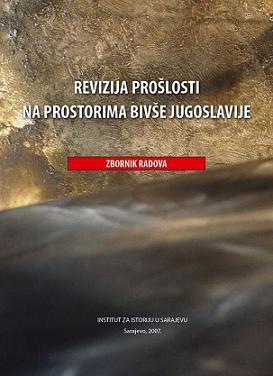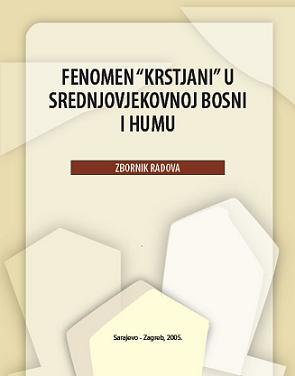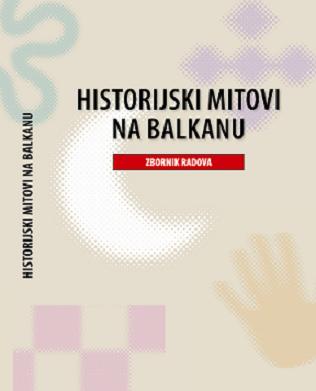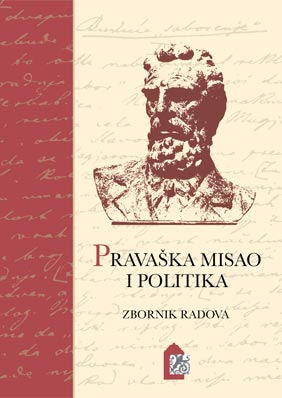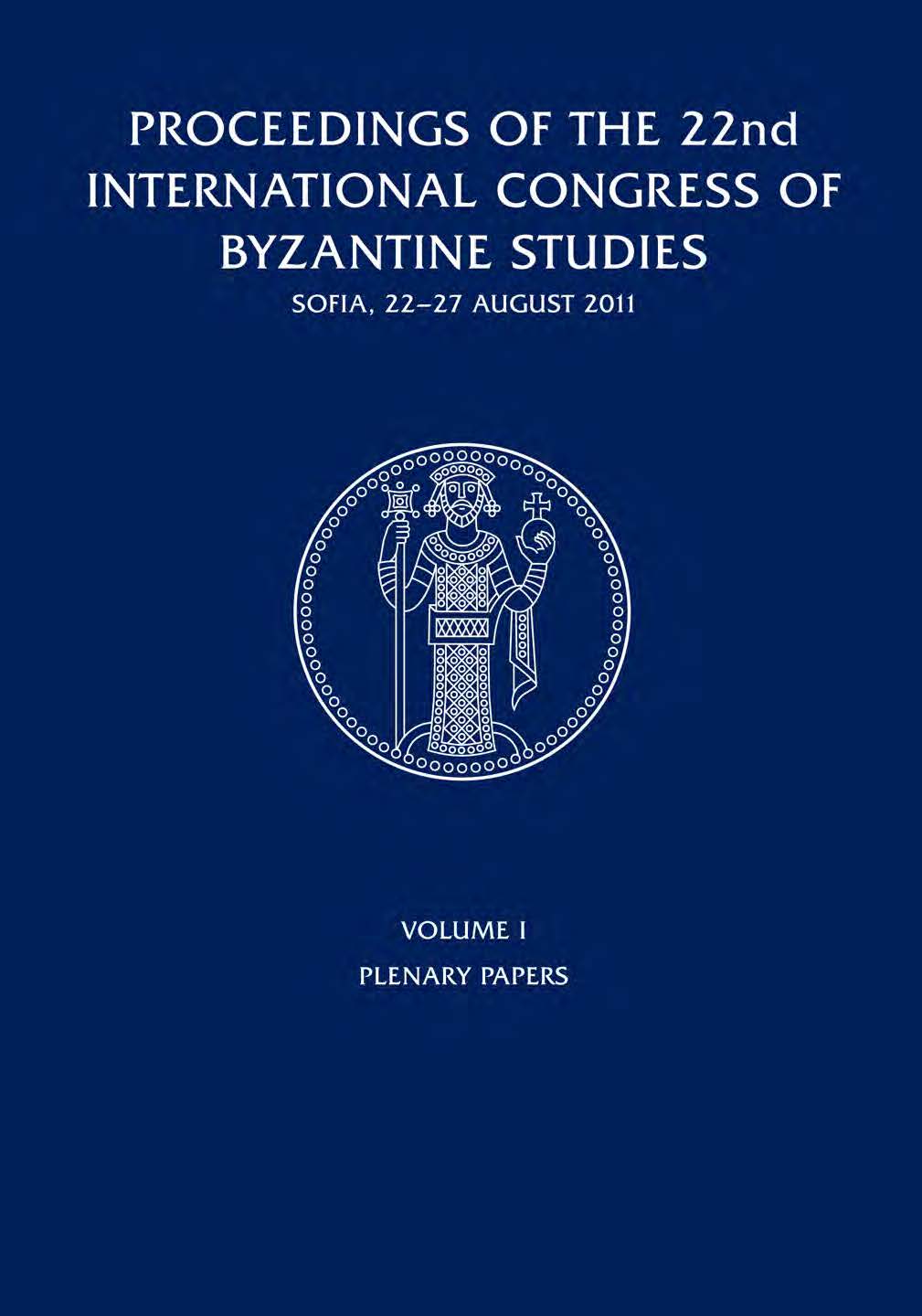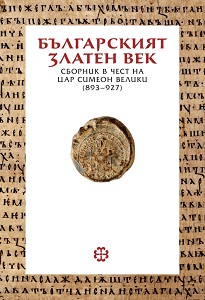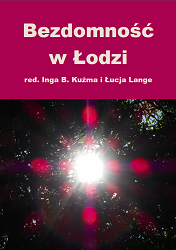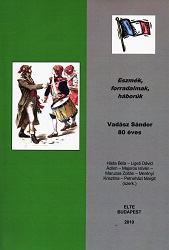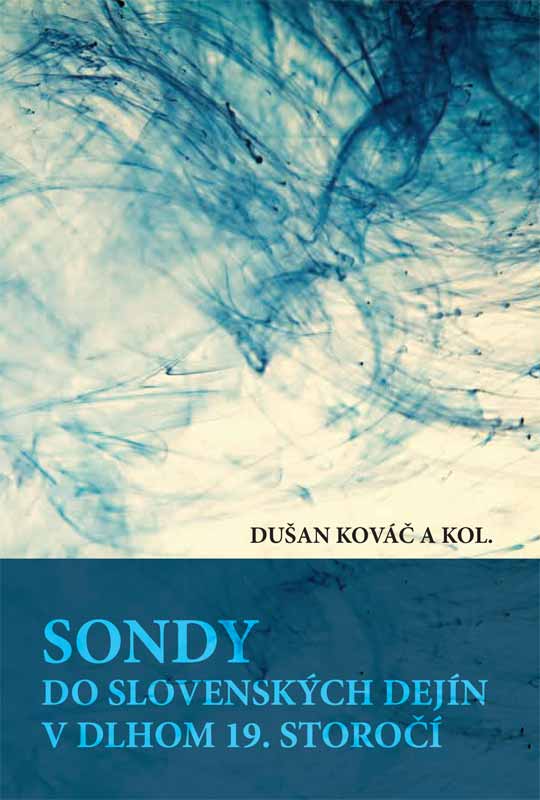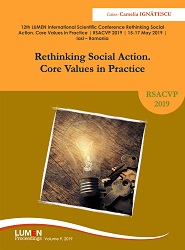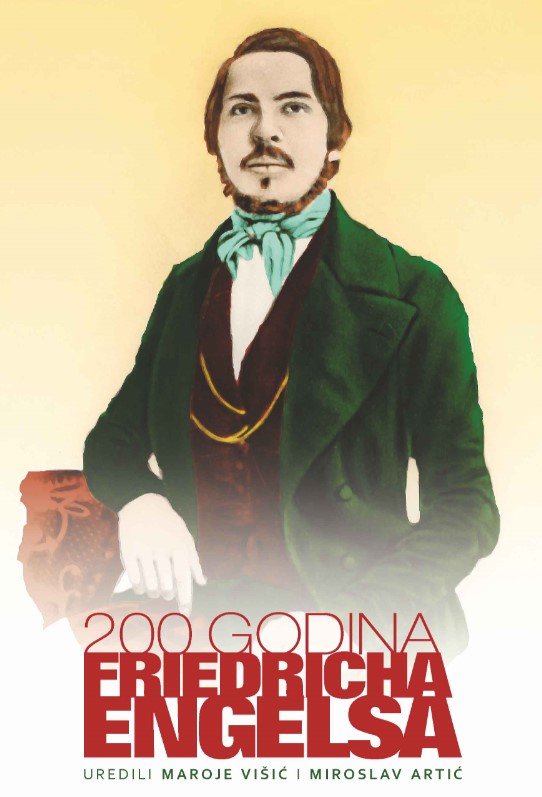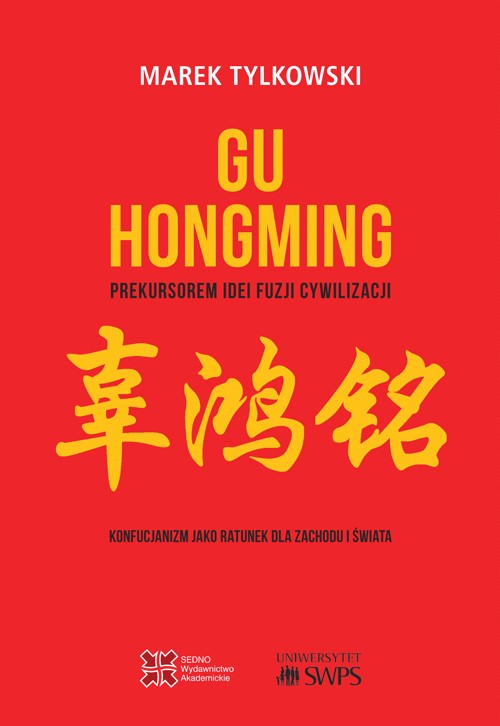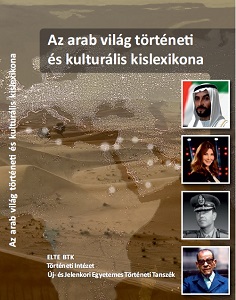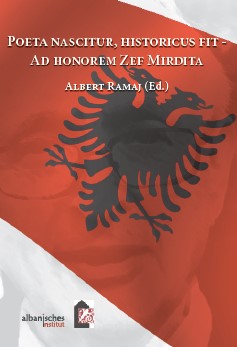Author(s): Tomislav Zdenko Tenšek / Language(s): Croatian
Publication Year: 0
The first accounts of traffick in slaves from this region, especially towards Spain, date back to as early as the 9th century. The most important records of trafficking slaves from Bosnia to the Mediterranean between the 13th and 15th century, with references to Dalmatian coast, are found in Dubrovnik. However, various specifics are noted in the accounts from Skradin, Šibenik, Trogir, Zadar, Split and Korčula. From the end of the 13th century, the number of both male and female krstjani from Bosnia sold to slavery is almost as high as the one of those sold on the north shores of the Black sea. Sometimes the slaves were bought in lots. In slave trade, there is a difference between real slave trade and voluntary service. For either of the two categories, a written testimony was required, a type of a contract that was attested by the local notary public.
The mouth of the Neretva River was the most significant locality for procurement of the slaves from Bosnia. Slave tradesmen from all over the Mediterranean frequented the Neretva trading spots. During the second half of the 14th century, slaves there were bought in lots. At the time, women and, especially child slave trade were particularly developed. The female slaves were, at times, protagonists of a lucrative trade between, to exemplify, a Bosnian owner, a Bosnian merchant, followed by a buyer from Dubrovnik, a merchant from Dubrovnik and finally, a foreign buyer. Two main reasons for Bosnian slave trade were poverty and accusing the Bosnian krstjani of dualistic heresy. The way this questionable trade treated this kind of people; how they unscrupulously made money off slavery while believing they were the true benefactors of the poor, is truly disturbing.
There are no records of the slaves being characterized as Patarenes before 1390, however, it is certain that religious heterodoxy served as a justification for slavery long before that. Slave trade culminated in the period between the last quarter of the 13th century and the first quarter of the 15th century. In the second half of the 15th century, trafficking slaves from Bosnia declined. The reason for the latter was the Turkish invasion of Bosnia. Bogomils and Christians were, according to them, one and the same. The Muslims captured both and generally sent them to Muslim states in the East. If one were to buy slaves, one would buy them from the Turks. From the end of the 13th to the beginning of the 15th century, trafficking of krstjani of the Church of Bosnia along the Adriatic coast and in the Mediterranean assumed gigantic proportions in the medieval slave trade.
More...
